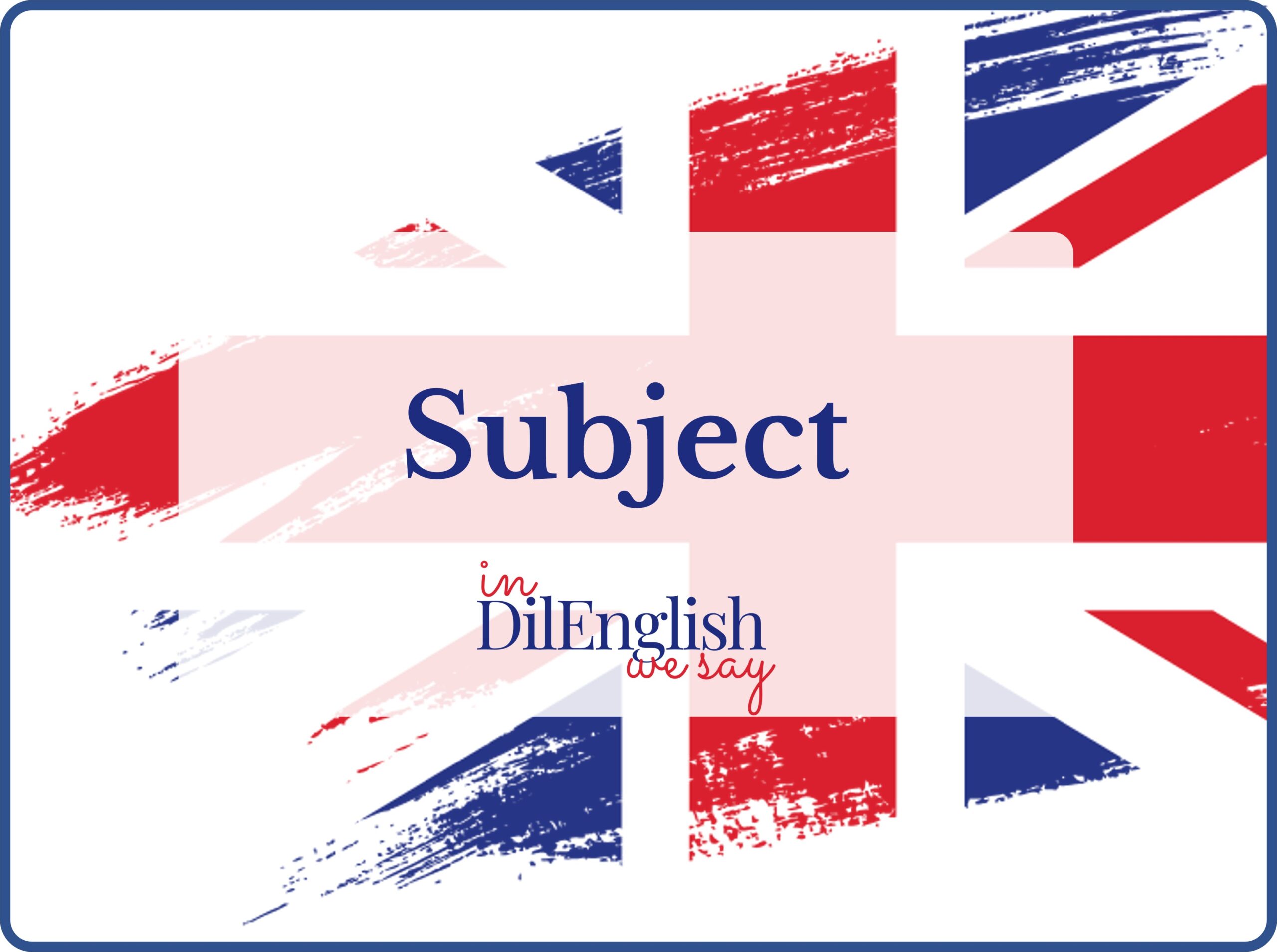Agreement Of The Predicate With The Subject
In the English language, the predicate agrees with the subject in person and number. The agreement implies that the use of one form necessitates the use of the other, for example, a singular subject requires a predicate in the singular, and a plural subject requires a predicate in the plural. The house was alive with soft, quick steps and running voices. (Mansfield) This evening there was no bright sunset; west and east were one cloud... (Ch. Bronte) But in Modern English there is often a conflict between form and meaning; in these cases the predicate does not agree with [...]
‘It’ as the Subject of the Sentence
When the pronoun it is used as the subject of a sentence it may represent a living being or a thing: then it is a notional subject. Sometimes, however, it does not represent any living being or thing and performs a purely grammatical function: then it is a formal subject. #1 . When it is a notional subject the pronoun it has the following meanings: #1.1. It stands for a definite thing or some abstract idea — the personal The door opened. It was opened by a young girl of thirteen or fourteen. (Dickens) If this is a liberty, it isn’t [...]
Subject
The subject is the principal part of a two-member sentence which is grammatically independent of the other parts of the sentence and on which the second principal part (the predicate) is grammatically dependent, i. e. in most cases it agrees with the subject in number and person. The subject can denote a living being, a lifeless thing, or an idea. Ways of expressing the Subject The subject can be expressed by a single word or a group of words. Thus it can be expressed by: #1. A noun in the common The sulky waiter brought my tea. (Du Maurier) [...]

